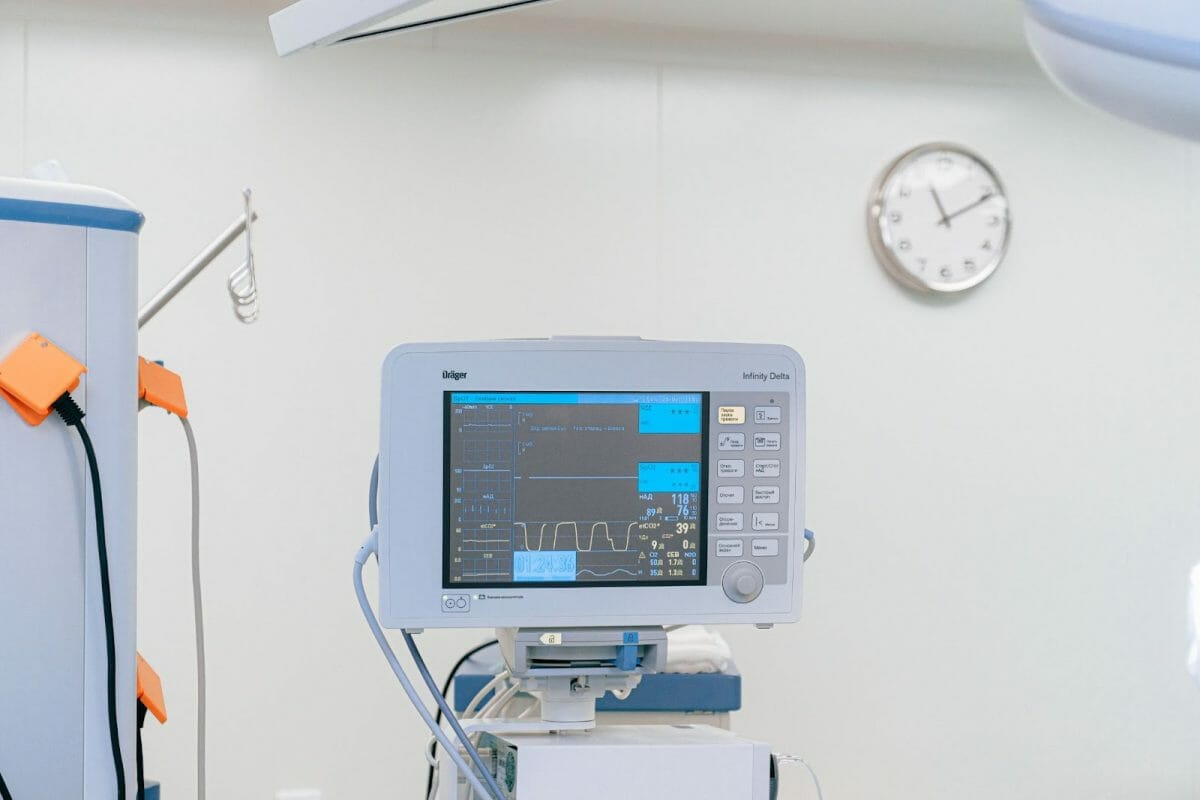Precision medicine has heralded a new era in healthcare, marking a shift from a one-size-fits-all approach to personalized, patient-specific care. At its core, precision medicine considers genetic, environmental, and lifestyle factors to guide prevention, diagnosis, and treatment strategies.
This patient-centric model promises to revolutionize healthcare, but it also brings unique challenges and implications for executive management. This article aims to explore these implications, equipping healthcare leaders with the insights they need to navigate this groundbreaking field.
Understanding Precision Medicine
Before diving into the implications of precision medicine, it’s important to establish a solid understanding of this innovative approach. Unlike traditional medicine that often applies a generalized treatment plan to all patients with a similar condition, precision medicine tailors treatment strategies to the individual.
This personalization is largely due to advancements in genomics, big data analytics, and digital health technologies. The result is more targeted therapies, improved patient outcomes, and, ultimately, a more efficient healthcare system.
The Strategic Impact on Healthcare Organizations
- Financial Considerations
The implementation of precision medicine entails significant financial considerations for healthcare organizations. Executive management must engage in strategic planning and budgeting to ensure the successful adoption of precision medicine.
Investment in Cutting-Edge Technologies
Precision medicine relies heavily on cutting-edge technologies, such as genomic sequencing equipment, high-performance computing systems, and advanced data analytics platforms. Acquiring and implementing these technologies involves substantial upfront costs. Executive management should allocate resources and invest strategically in the necessary infrastructure to support precision medicine initiatives.
Long-Term Cost Savings and Efficiency
While the initial investment in precision medicine may seem substantial, it is essential to recognize the long-term cost savings and efficiency gains it can bring. By leveraging precision medicine to deliver more targeted and effective treatments, healthcare organizations can potentially reduce healthcare costs associated with unnecessary or ineffective interventions, hospital readmissions, and adverse events.
- Workforce Requirements
As precision medicine becomes more prominent in healthcare, executive management faces the critical task of building and nurturing a skilled workforce capable of handling complex genetic data and adapting to rapidly evolving technologies.
Continuous Learning and Training
Precision medicine introduces new techniques, technologies, and data analysis methods that require healthcare professionals to continually update their skills and knowledge. Executive management should prioritize providing ongoing learning opportunities and training programs for their workforce.
Innovating Planning and Recruitment
The shift towards precision medicine creates a demand for new roles and expertise within the workforce. Executive management must innovate their workforce planning and recruitment strategies to attract and retain professionals with the required skills.
- Ethical and Legal Implications
The implementation of precision medicine brings with it a set of ethical and legal considerations that must be carefully addressed by executive management. As healthcare organizations handle vast amounts of sensitive genetic and health data, it is essential to establish robust frameworks and policies that protect patient rights.
Ensuring Data Privacy and Security
Precision medicine relies on the collection and analysis of extensive patient data, including genetic information. Executive management must prioritize data privacy and security to safeguard patient confidentiality and prevent unauthorized access or breaches. This involves implementing robust data encryption protocols, access controls, and secure storage systems.
Respecting Patient Autonomy and Informed Consent
Patient autonomy and informed consent are fundamental principles in precision medicine. Executive management should emphasize the importance of informed consent, ensuring that patients fully understand the implications of participating in precision medicine programs, including the use of their genetic data.
- Technological and Infrastructure Challenges
Implementing precision medicine necessitates the integration of state-of-the-art technology and robust data infrastructure. As executive management embarks on this transformative journey, they must address key technological challenges to ensure seamless operations and maximize the benefits of precision medicine.
Upgrading Electronic Health Records (EHR) Systems
Electronic Health Records (EHR) systems have been instrumental in transforming healthcare delivery by digitizing patient information and facilitating data sharing. However, to fully harness the potential of precision medicine, executive management must consider upgrading their EHR systems to incorporate SBAR tools.
Enhancing Communication with SBAR Tools
SBAR (Situation-Background-Assessment-Recommendation) is a structured communication method that enhances the effectiveness of information exchange among healthcare professionals. By incorporating SBAR tools into existing EHR systems, executive management can facilitate clear, concise, and efficient communication.
- Patient Engagement
Precision medicine not only transforms the approach to healthcare but also places a greater emphasis on patient engagement. By shifting the care model from provider-centric to patient-centric, executive management has an opportunity to foster meaningful patient engagement and improve health outcomes.
Leveraging Digital Tools for Patient Engagement
In the era of precision medicine, digital tools play a pivotal role in facilitating patient engagement and empowerment. Executive management should prioritize the implementation and utilization of technologies that enhance patient communication and involvement in their own care. This can include patient portals, mobile applications, wearable devices, and remote monitoring systems.
Improving Health Literacy for Patient Empowerment
Enhancing health literacy is fundamental to fostering patient engagement in precision medicine. Executive management should prioritize initiatives aimed at improving health literacy levels among the patient population. This involves providing clear and accessible information about precision medicine, its benefits, and how patients can actively participate in their care.
Transitioning to Precision Medicine
The transition to precision medicine offers substantial benefits but equally formidable challenges. Navigating this terrain demands a proactive, informed, and strategic approach from executive management. Key actions include investing in technology and workforce development, managing ethical and legal issues, addressing infrastructural challenges, and fostering patient engagement.
While the path to precision medicine may seem steep, the rewards — improved patient outcomes, enhanced patient engagement, and healthcare system efficiencies — make the journey worthwhile. By understanding and addressing the implications of precision medicine, healthcare executives can effectively lead
